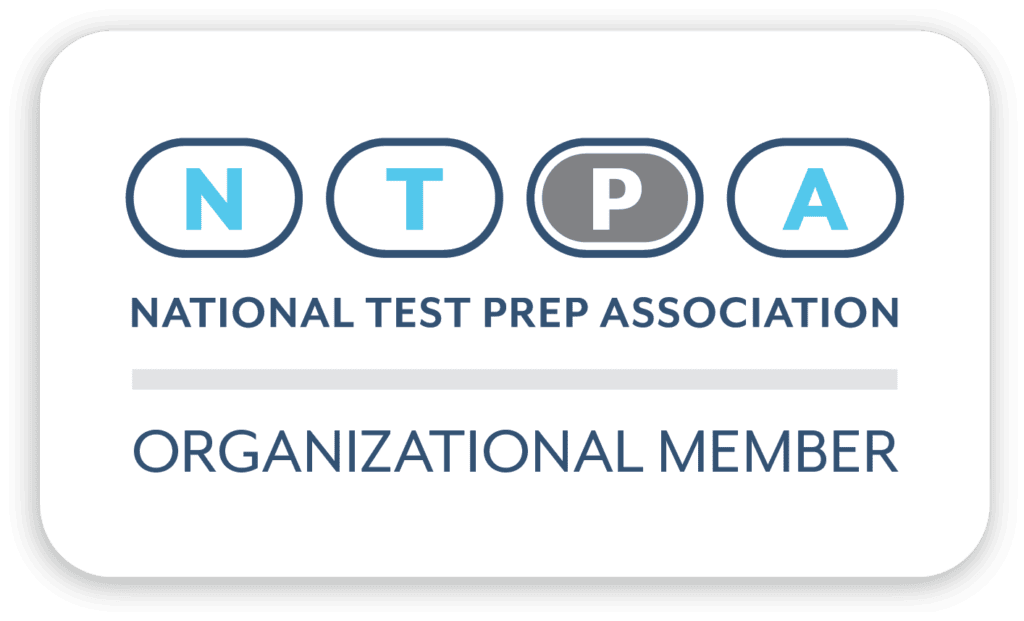When you’re preparing for a test, nothing feels more important than studying, and making sure you’ve crammed in enough review can easily become your top priority. This, in itself, is not a bad thing. Studying is vital for test success, not only to ensure that you’ve mastered the knowledge and skills necessary for the test, but also to give you the confidence you need when you walk into the classroom on test day, knowing that you won’t face any nasty surprises you’re not prepared for.
However, the art of studying isn’t simply sitting down and hitting the books for hours on end. You have to keep your brain healthy too, and taking care of yourself is of the utmost importance. In this article, we’ll explore some of the important ways in which self-care routines, from getting the right amount of sleep to managing stress and anxiety to eating right, can help you to feel fresh as possible during both your study periods and your exams.
Sleep
‘Make sure you get enough sleep’ might be familiar, cliched advice, but that’s for a good reason. Everyone needs consistent good nights of sleep to function at their best, and that is even more true for young people, for whom tiredness can be an impediment to brain development. A study in the ‘Neuroscience and Biobehavioral Reviews’ journal found that lack of sleep in teens corresponded with worse mental health, while a study in ‘Memory and Cognition’ concluded that good sleep aids with problem-solving.
It can be tempting, especially with exams looming, to sacrifice an hour’s sleep here or there to finish a chapter, or get one more practice test in, but evidence shows that the additional sleep is more valuable than squeezing studying into every moment of the day. A tired mind is more likely to be sluggish and forgetful, reducing the impact of your studying and slowing you down on test day. The Sleep Foundation concludes that teenagers need between 8 and 10 hours of sleep a night. To help get this sleep, you should limit screen use before bed, exercise regularly, and reduce caffeine intake.
Managing your sleep cycle is almost as important as the actual amount of sleep you get – trying to get all your rest during the weekend won’t cut it, and it may actually make you more tired on Mondays. You should try to keep the same ‘sleeping hours’ throughout the week. Sleep cycle-tracking apps can be helpful if you need to set alarms for early starts. They analyze your sleeping patterns and wake you up during your lightest sleep periods, instead of at an arbitrary time on the clock, thus helping you avoid the bleary disorientation that comes with being dragged out of REM-sleep.
Diet
Physical and mental health are closely related, which is why keeping up a good diet can have such a major impact on test success. You’ve probably already heard the advice to have a slow-release energy breakfast on test day – BBC Food recommends carbohydrates like oatmeal, along with a filling protein like eggs – but you should also try to keep a healthy diet throughout the school year.
This doesn’t mean you can’t treat yourself with snacks and sweets, but you should work towards having three meals a day that contain brain-aiding ingredients. Fatty fish is one of the most commonly recommended brain foods, as it contains brain-boosting Omega 3. Dark, leafy greens like broccoli and kale also support healthy brain function. Iron deficiency is common among teenage girls in particular, which leads to tiredness and a lack of focus, and these leafy greens are great at combating these issues.
Protein is vital for your brain, and though the most effective way to get this protein is through animal products like meat and eggs, people who are vegetarian or vegan can still get their share through foods like nuts, lentils, and some soy products. Nutritional supplements can also be useful, but they should be used as additions to your diet, not as replacements for food. Hunger makes concentration a lot harder, so you shouldn’t skip any meals as you build up to tests.
Finally, and perhaps most importantly, hydration is a crucial element of brain health. A study in the journal of ‘Environmental Research and Public Health’ showed a correlation between dehydration and reduced cognitive ability, so make sure you have water with you on exam day. It can be easy to forget to drink enough water each day – a Harvard study suggests the majority of teenagers are frequently dehydrated – so set timed reminders on your phone or use an app that helps you to track your water intake. Roughly two litres or half a gallon a day is what you should be aiming for, spread out evenly across the day, and boys generally need a bit more water than girls.
Space
It’s incredibly helpful to your brain for you to have different physical spaces for different tasks. If you can, dedicate a specific space as your ‘study zone’. It can be an entire room, or just a section of one, or even a more public space like a library (as long as you can do so in a Covid-secure manner, of course). Whatever this space ends up being, keep it tidy and try to only use it for studying. This way, not only will that space help focus your mind on the task at hand, you can also take clean breaks from studying whenever you leave it.
Try to avoid working or studying in your bed. Harvard sleep experts correlate working in bed with getting worse sleep and finding your bedroom less of a relaxing place on the whole. Being able to effectively switch off ‘study mode’ in your brain is crucial for making study work, as you can better absorb information and manage your mental health.
Time
Precisely how much time you should dedicate each day to studying is a question only you can answer. What is more certain, though, is that (for most people) constant studying can actually worsen your productivity. Though you should definitely make time to study throughout the school year, not just cramming during testing periods, taking breaks can help knowledge sink in and make studying feel less punishing.
School takes up plenty of hours in a day, and you don’t want to push yourself to the point of exhaustion or burnout. Socializing with your friends and even playing video games can provide a break from studying while still keeping your mind active and engaged so you feel more ready for your next study session.
Keeping a school/study/life balance is very important, but also very individual. You might find that what works for your classmates doesn’t work for you, but that doesn’t mean either of you are doing it wrong. Private tutors can also be very helpful in this regard, as they can help you identify your personal learning style and then work with you to set up study timetables that best suit that style while leaving room for other important activities, including relaxation.
Stress
Stress and anxiety around tests is very common, and it can manifest in ways that make studying harder – insomnia, loss of appetite etc – which in turn creates more stress. If you are experiencing test-related stress, there are many different coping strategies out there, and working out the one best suited to you can give you a huge confidence boost and relieve you of the burden of testing anxiety. You could let off steam through exercise or help yourself feel more in control of your studying by setting detailed timetables. Writing down lists of what you want to accomplish each day and then ticking them off is both a good planning strategy and mentally rewarding when you can see yourself making progress.
Simply talking through your stress can be very effective, as anxiety thrives on being left alone. This could come in the form of professional counselling, but it doesn’t necessarily need to. Sitting down with your family and outlining your worries can help you put these fears into perspective, and if you feel like you’re the only one with these fears, an honest talk with your guidance counselor or friends may help you feel that you’re not alone. You can also come up with group coping strategies, setting aside time to relax communally, which is very helpful in taking your mind off of stress. Mindful meditation and a regular yoga practice can do wonders in helping you to relieve anxiety and can be very rewarding to engage in these practices with friends.
Conclusion
There is no one single fix to keep your brain healthy, and it does take active work, but it is work that reaps tangible rewards. By managing your sleep, time, diet, and mental health, you will not only set yourself up for exam success, but you should soon find a boost in your day-to-day mood that will make everything from schooling to socializing more enjoyable.






